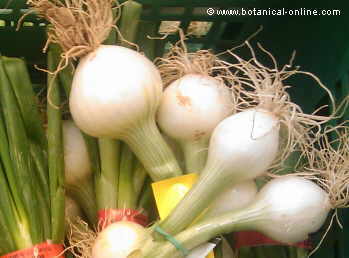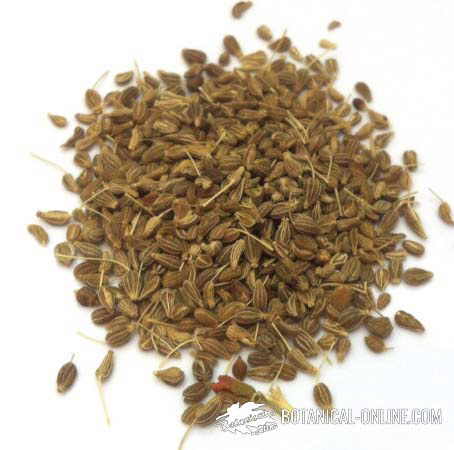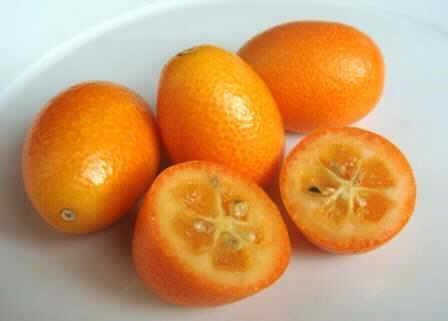Contents
Characteristics and functions of glucose
GLUCOSE PROPERTIES
What is glucose?
Glucose is the most important simple carbohydrate (sugar). It has a crystalline aspect, it is white and its formula is C6H12O6. It is also known as ” grape sugar ” because it appears in very high amounts in must (a 30% of its weight)
Plants mainly obtain it through the photosynthesis and animals primarily through the diet. Glucose can also be obtained by decomposition through the action of water (hydrolysis) of other carbohydrates such as starch, cellulose, maltose or glycogen.
Glucose is fermented by yeast action producing ethyl alcohol and carbon dioxide. Thus, for example, you get the wine from the grapes.
Industrially, it is obtained from starch with use of acids or by the action of the water. It is used as a sweetener in food industry and also in leather and dyes industries.
In medicine it is given intravenously to treat dehydration or intravenous feeding.
The importance of glucose in the human body
Glucose is the source of energy in the body. Glucose appears in the cells and body fluids, being very important how the body regulates its levels and distribution, which is known as blood sugar or glucose in the blood, blood plasma or serum.
In this way glucose is an indicator of how the body regulates glucose content in blood.
Glucose levels
 Croissants, chocolate and pastry are the richest glucose
Croissants, chocolate and pastry are the richest glucose
diet sources
What is hyperglycemia?
When levels are above what is considered normal (70 mg / dl and 100 mg / dL) occurs what is known as hyperglycemia, which can be a symptom of a disease, such as diabetes.
What is glycosuria?
Glycosuria is the excess of sugar in the urine and can also be a symptom of this disease, but it also manifests itself in healthy people who have ingested too much sugary food.
What is hypoglycemia?
When levels of glucose in the blood are below normal is considered to produce what is known as hypoglycemia (at less than 50-60 mg per 100 mL). This may be due to poor management of insulin in diabetic patients.
In healthy people, it is usually due to excessive consumption of glucose produced by very low calorie diets. Hypoglycemia can also occur in cases of alcoholism or people with liver problems.
Metabolism of carbohydrates

Fruits are high in sugar (mainly fructose)
Glucose is vital to the human body. Most of the carbohydrates ingested through food, directly or processed, end up as glucose. (More information in Metabolism of carbohydrates)
Glucose or fructose
According to recent studies conducted by the Center for Biomedical Research Network-Physiopathology of Obesity and Nutrition (CIBERobn) carried out on animals, prolonged intake of fructose in large amounts increases the body’s resistance to insulin, what favors the development of diabetes.
Other studies in the United States are on the same line. According to all of them, unlike what was previously thought, fructose is more dangerous than glucose itself since it is able to neutralize the insulin which controls how the sugar is metabolized by the cells.
This can lead to the development of many metabolic diseases, including obesity, high cholesterol and triglycerides and insulin-dependent diabetes (type 2)
All the studies have concluded that fructose is more dangerous when taken in liquid form than when taken from fresh fruit.
It is therefore not advisable to replace a piece of fruit for a fruit juice, and especially bad is the consumption of soft drinks sweetened with fructose or fructose-sweetened products. (More information on this subject in the page of the properties of the fructose)
Simple or complex sugars
It is important to moderate the consumption of foods containing simple sugars, either fructose or table sugar (sucrose) (See simple carbohydrates in the listing below).
High consumption of these products may be responsible, as we have seen, not only for the development of obesity, diabetes or triglycerides, but also the emergence of other diseases such as premature aging, heart diseases, osteoporosis, tooth decay, gingivitis, Crohn’s diseases, ulcerative colitis, reduced resistance to infectious diseases by weakening the immune system or general fatigue.
![]() More information on carbohydrates.
More information on carbohydrates.








